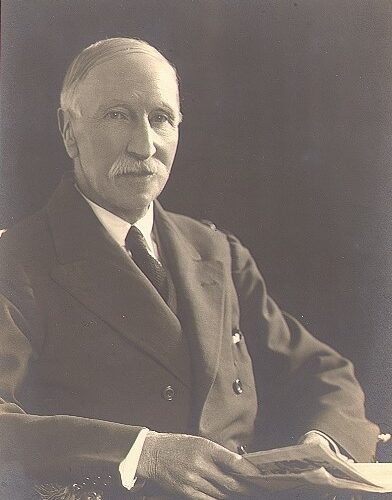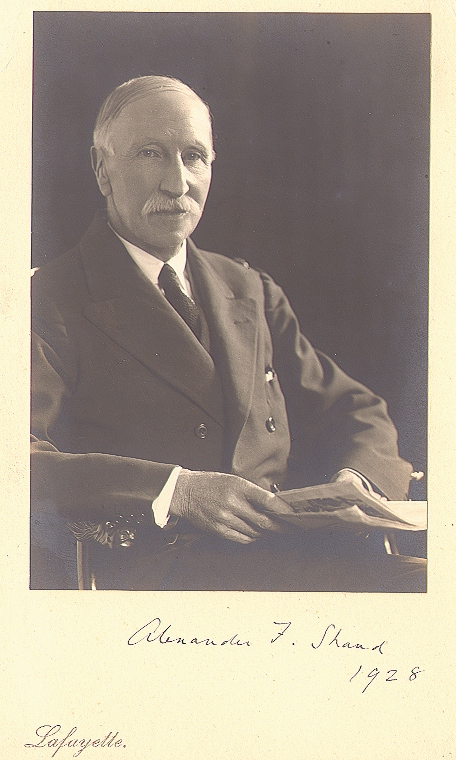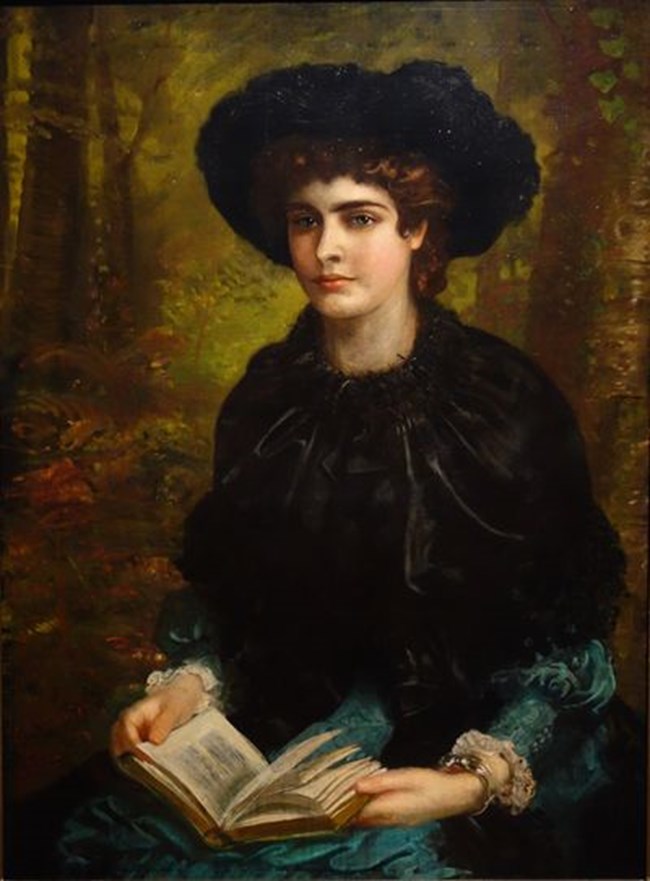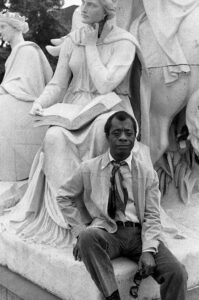

…for a long time, like the philosophers of old, I was trying to find indisputable foundations. How long it took me before I saw the necessity of being content with good working hypotheses!
Alexander Faulkner Shand, preface to The Foundations of Character (1914)
Alexander Faulkner Shand was a writer, barrister, and founding member of the British Psychological Society. He was also an early and active member of the West London Ethical Society, founded in 1892 to pursue living well without reference to ‘supernatural rewards or punishments’. Shand was still a member when the society joined with others to become, in 1896, the Union of Ethical Societies (now Humanists UK). Despite the admiration Shand’s writings and lectures gained in his lifetime, he is little remembered today, other than perhaps through his great-granddaughter: Camilla, Queen Consort.

Alexander Faulkner Shand was born in London in 1858, the son of Hugh Morton Shand and Edrica Faulkner. He was educated at Eton College, and subsequently at Peterhouse, Cambridge, graduating in the Moral Sciences Tripos in 1881. While at Cambridge, he was President of the University Swimming Club. In 1887, he became a barrister, although he never practised. Shand lived from graduation, and for the rest of his life, in Edwardes Place, Kensington.
From the late 1880s onwards, Shand contributed articles to Mind on subjects including the theory of knowledge, metaphysics, and psychology – especially the psychology of feeling. He was a founding member, in October 1901, of the British Psychological Society; one of a group of ten which also included the mathematician, teacher, and ethical society member Sophie Bryant. Shand became the Psychological Society’s first secretary and treasurer. In 1907, he was appointed to the British Association subcommittee on psychology, and in 1914 published The Foundations of Character: Being a Study of the Tendencies of the Emotions and Sentiments. An approving review in The Scotsman that year described this as a ‘learned, interesting, and thoughtful’ attempt to ‘found a science of character’, building on John Stuart Mill’s concept of ‘ethology’. The reviewer added that Shand’s treatment of the subject was made much more appealing ‘for its material being largely and happily drawn from poets and from fables, proverbs, and maxims’. This brought ‘Mill’s method down from the nebulous regions of abstract speculation into touch with plainer principles’ (The Scotsman, 20 April 1914).

Also known as Alec, in his early twenties Shand was close – and said to have been briefly engaged – to Irish author Constance Lloyd, who went on to marry Oscar Wilde. He was also friends with Sidney and Beatrice Webb, socialists and co-founders of the London School of Economics. In 1887, Shand married Augusta Mary Coates. Of the couple, royal biographer Gyles Brandreth has written:
Augusta was conventional and religious. By contrast, her husband was a man who wanted to push boundaries, both intellectually and in terms of his personal conduct. His intellectual legacy is probably his work as a pioneer in the field of social psychology.
Gyles Brandreth, Charles & Camilla (2011)
Their son, Philip Morton Shand, was born in 1888 and became a writer, with expertise on architecture and apples. His son, Bruce Shand, was the father of Camilla, Queen Consort, born Camilla Rosemary Shand in 1947.
Alexander Faulkner Shand died on 6 January 1936. An obituary in The Times described him as a man who ‘travelled over the ground traversed by many psychologists, making at almost every point new and striking observations.’
Although on Shand’s death in 1936, some obituaries ran under the headline ‘Famous Psychologist’s Death’, few have heard of him today. However, his interest in developing a ‘science of character’, and better understanding human beings through psychology and literature, aligned very much with the interests of the early Ethical movement of which he was a part.

If the concept of God has any validity or any use, it can only be to make us larger, freer, […]

Humanism is a philosophy – one which gives us a coherent stance for living. We believe the humanist approach to […]

For earth is not as though thou ne’er hadst been. Constance Naden, ‘The Pantheist’s Song of Immortality’ (1881) Birmingham’s Key […]

Is it not the duty of every person to promote the happiness of others as much as lies in their […]